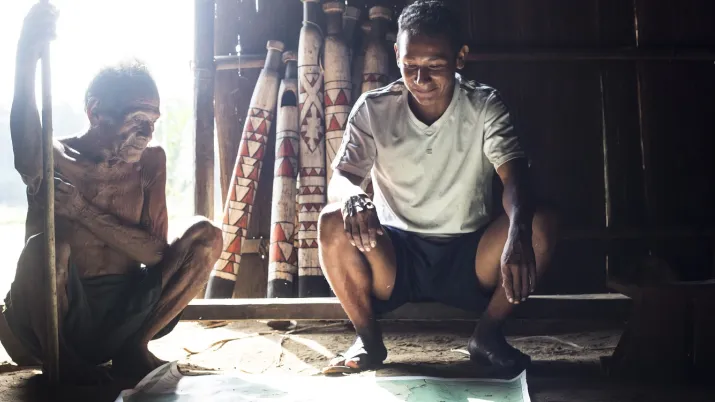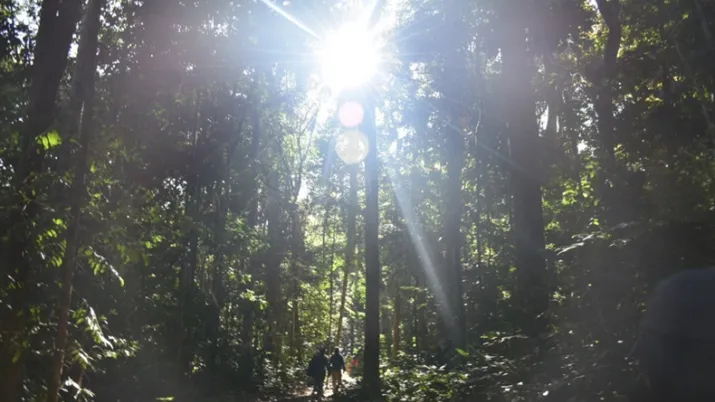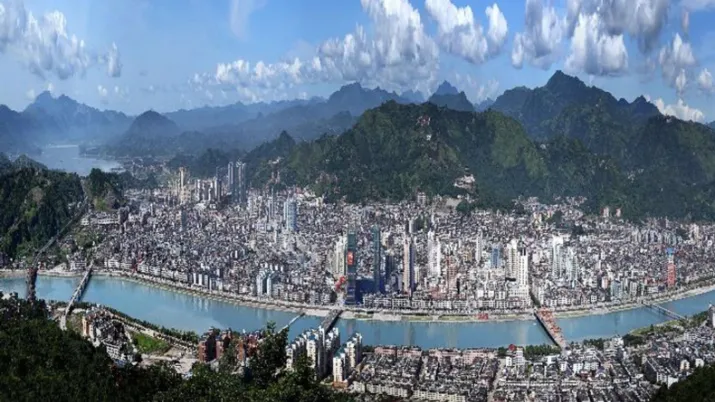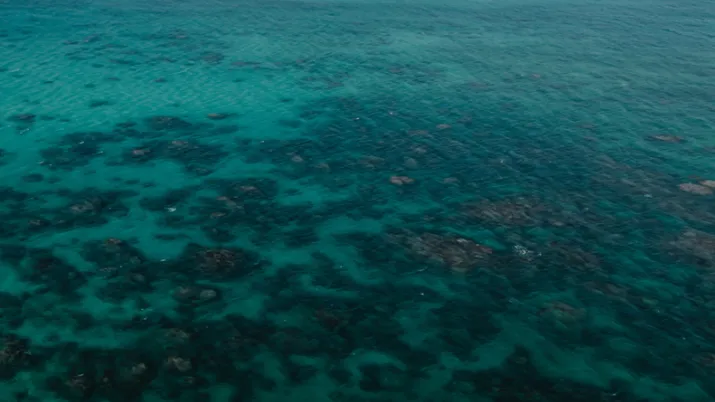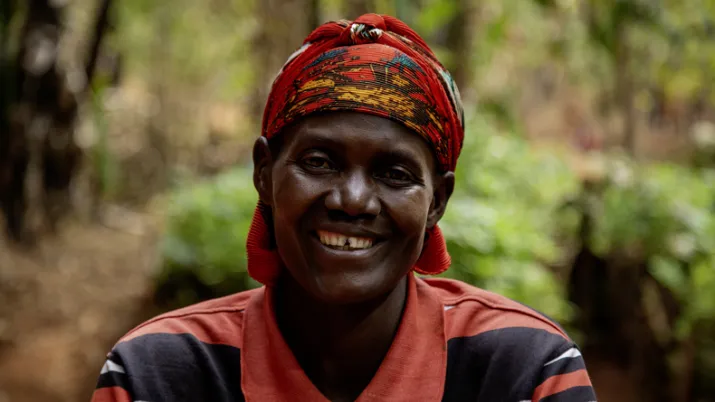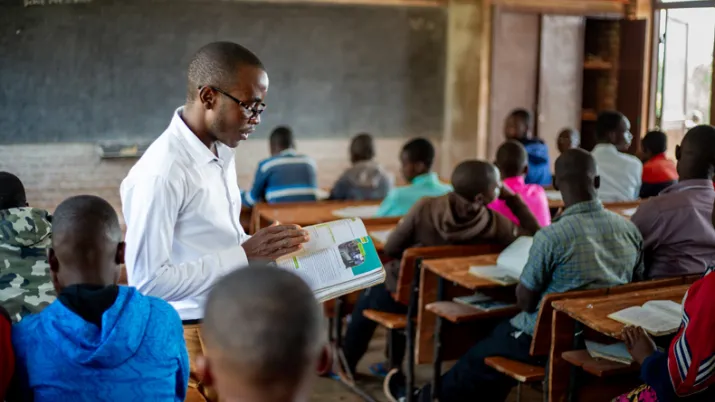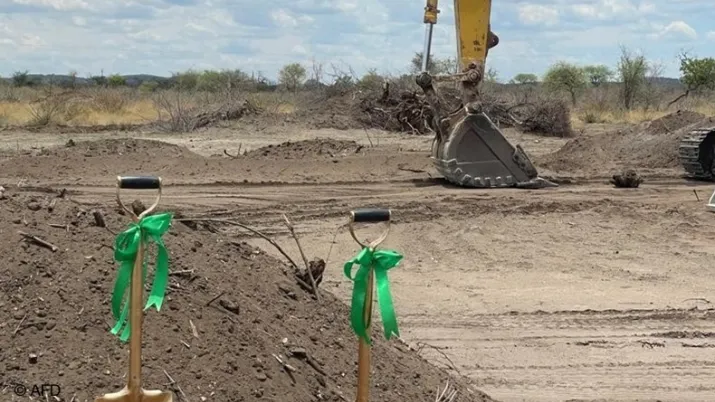Share the page
Scientific Expertise and Pilot Mangrove Restoration
Project
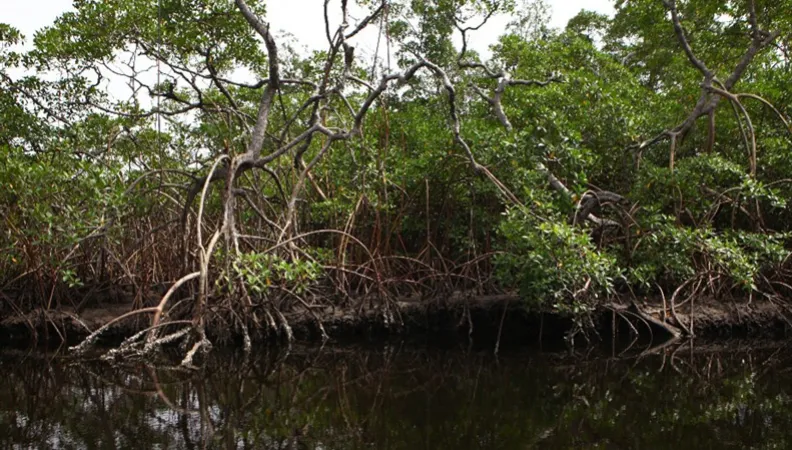

-
Project start date
-
Status
Ongoing
-
Project end date
-
-
Project duration
-
3 years
-
AFD financing amount
-
€ 450 000
-
Country and region
-
Location
-
Sites pilotes d’Arenillas et de Remcam, Equateur
-
Type of financing
-
Beneficiaries
-
Arenillas and Remcam Pilot Sites
-
Type of beneficiary
-
State
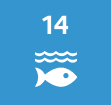
This project is part of AFD’s Blue Carbon Facility, which aims to accelerate the protection and restauration of coastal ecosystems with high carbon sequestration potential, such as mangroves and seagrass meadows.
Context
Ecuador experienced significant mangrove deforestation between 1970 and 2010, mainly due to the expansion of aquaculture. Despite progress through initiatives like the SocioManglar program and AUSCEM, a large portion of these ecosystems remains unprotected or unrestored. The country boasts exceptional coastal biodiversity but faces increasing pressures: climate change, land use pressures, and a lack of sustainable financing. The emergence of carbon finance and the momentum of the “Ecuador Carbono Cero” program provide an opportunity to explore new tools for sustainable financing.
Description
The project will be implemented by IRD, in close collaboration with MAATE, the final beneficiary. It is structured around two components:
- Conducting a collective scientific assessment of mangrove socio-ecosystems in Ecuador, including an analysis of carbon sequestration potential and associated compensation mechanisms.
- Ecological restoration of two pilot sites (Arenillas in the south and REMACAM in the north), using a methodology co-developed with local stakeholders.
The project aims to provide operational recommendations for national mangrove policy, contribute to the National Action Plan (PAN Manglares), and strengthen the sustainability of the SocioManglar program through carbon finance.
The project is funded by the Blue Carbon Facility with a €450,000 grant from AFD. This funding covers a three-year implementation period (2025–2027), including scientific missions, institutional workshops, fieldwork, and knowledge capitalization. Additional complementary funding may be sought during the project’s implementation (from IRD, bilateral cooperation, or climate funds).
Impacts
-
Strengthening public policies for mangrove restoration.
-
Co-creation of knowledge between scientists, civil society, local communities, and public authorities.
-
Direct support for the restoration of two priority sites, with monitoring and documentation of results.
-
Promotion of the project’s outcomes to inform national strategies and future scaling-up efforts.
Sustainable Development Goals
Life Below Water
Goal 14 promotes the conservation and sustainable use of marine and coastal ecosystems, based on three main ambitions: 1/ More sustainable management of resources by protecting 10% of marine and coastal areas, and combating overfishing and illegal fishing; 2/ Accelerating scientific research and technology transfer to build ecosystem resilience and reduce ocean acidification; and 3/ Promoting sustainable marine resource management as an opportunity for economic and tourism development, particularly for small island developing states and least developed countries.




